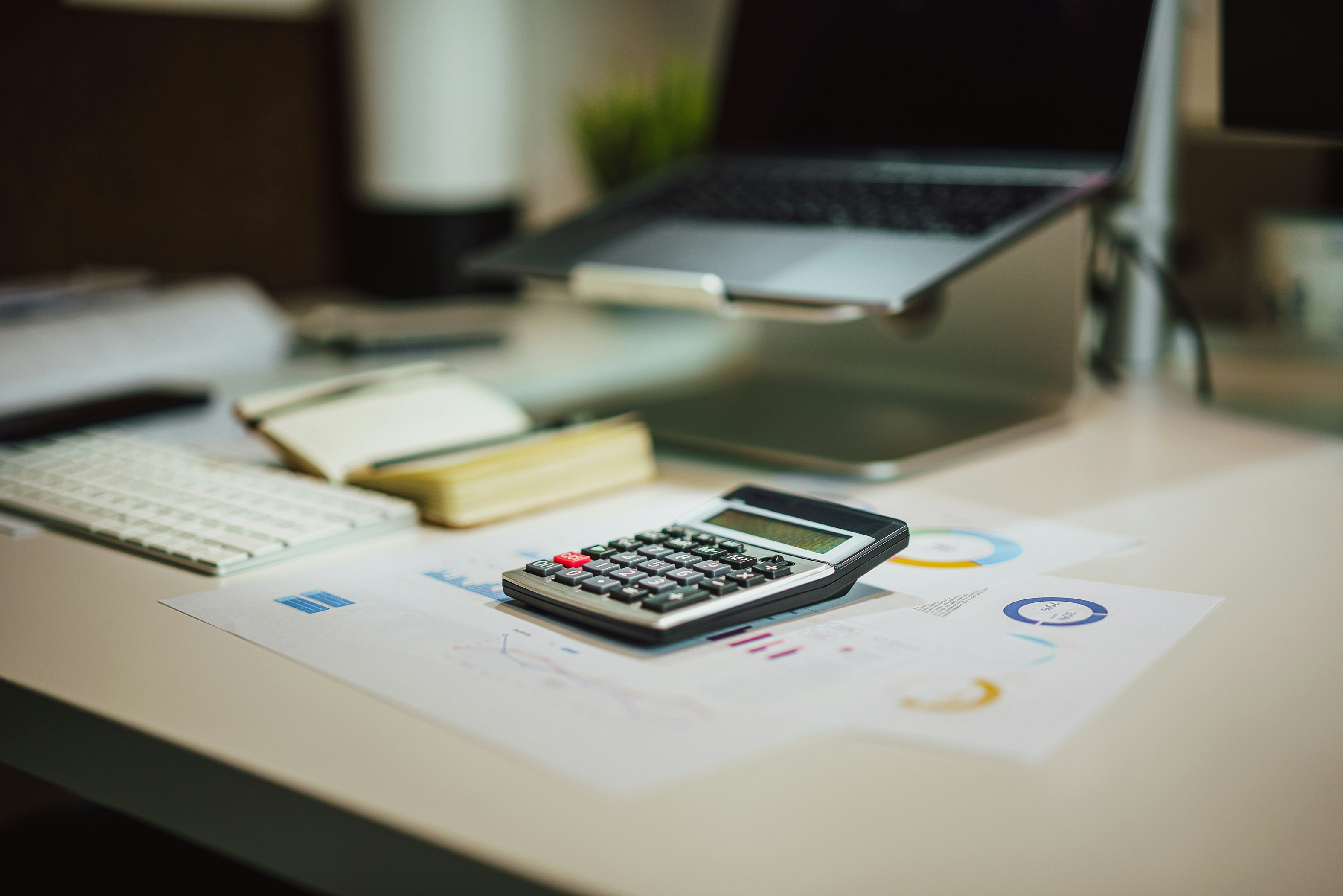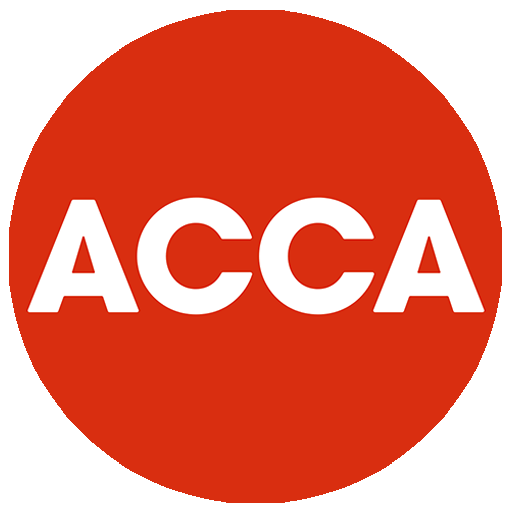
Tax Payment due 31 July 2025
If you are self-employed, in a business partnership, or have other personal income assessed through Self-Assessment, you may recently have received a statement from HMRC requesting your second payment on account, due by 31 July 2025. This is a reminder to take a few minutes to check that the figure is accurate, and to consider whether a reduction is justified, especially if your income or profits for the tax year 2024-25 are lower than the equivalent figures for 2023-24.
What are payments on account?
Payments on account are advance payments towards your Income Tax and Class 4 National Insurance liability for the relevant tax year. These payments are normally required where your tax liability for the previous year was more than £1,000 and less than 80% of the tax was collected through PAYE.
Each payment on account is half of the previous year’s Income Tax and Class 4 NIC bill and is usually payable in two instalments; the first on 31 January before the tax year end and the second on 31 July following the tax year end.
The payment due on 31 July 2025 is the second for the tax year 2024-25.
Why it is important to check your July statement
HMRC bases your 2024–25 payments on account on your 2023–24 tax bill. But if the 2024-25 income or profits are lower than those for 2023-24, then the amount HMRC has requested may be too high.
Typical reasons for reduced income or profits include:
- A fall in trading profits
- Ceasing self-employment or a reduction in hours worked
- One-off income included in 2023–24 but not repeated during 2024-25
- Higher expenses or changes to tax reliefs
If you make the second payment as requested but later discover that your tax liability is lower, you may end up overpaying tax and will need to wait for HMRC to refund the difference – which can take time. Worse still, in some cases overpayments may not be obvious until the tax return is filed much later.
How to reduce your payment on account
If you believe your total income or profits for the 2024–25 tax year will be lower, you can apply to reduce your second payment on account. This can be done:
- Online through your HMRC Self-Assessment account
- By filing form SA303
- Via your tax adviser
It is important to be realistic and retain evidence for your estimate. If you reduce your payment on account and it turns out you have underpaid, interest will be charged on the shortfall. However, there is no penalty for making a reasonable and honest estimate.
What you should do now
- Review your second payment on account figure
- Consider whether your 2024–25 income is likely to be lower
- Talk to us if you would like help calculating a fair reduction
- Take action before 31 July 2025 to avoid unnecessary payments
Please contact us as soon as possible if you believe your circumstances warrant a review. We are here to help you avoid overpaying tax.










.png)

.png)


